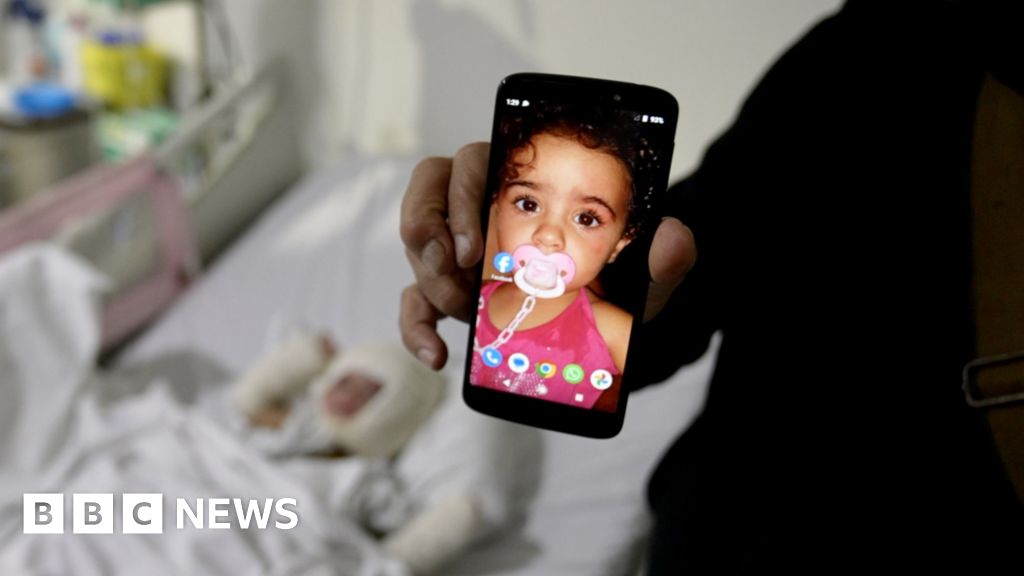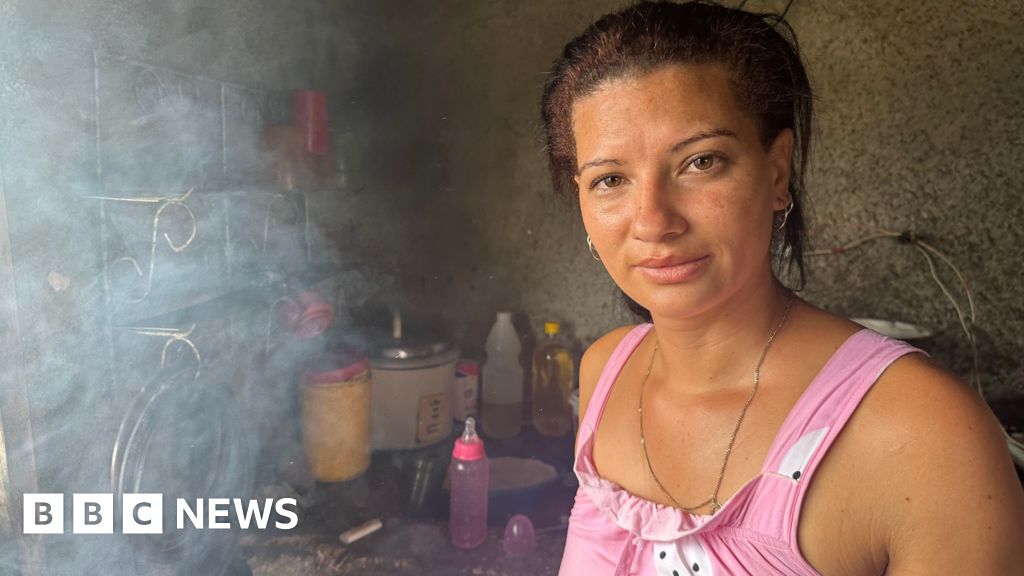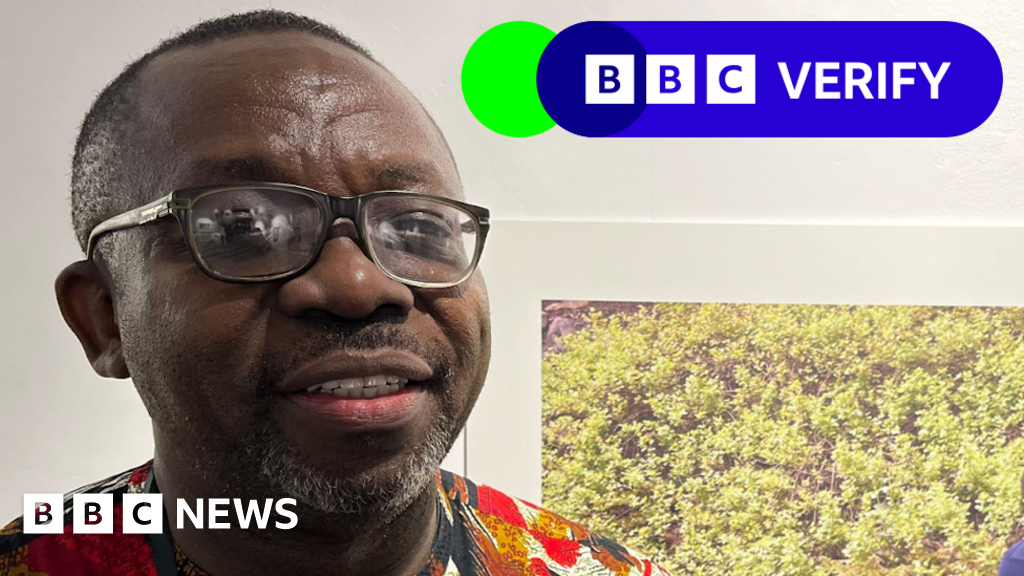ARTICLE AD BOX
Russian figure skater Kamila Valieva has been given a four-year ban for doping after initially being cleared.
A Russian Anti-Doping Agency (Rusada) investigation found the teenager bore "no fault or negligence" for a failed test before the 2022 Winter Olympics.
But the Court of Arbitration for Sport (Cas) has upheld an appeal by the World Anti-Doping Agency.
News of Valieva's failed test only emerged after she had helped Russia to team gold in Beijing at the age of 15.
The ban has been back dated to 25 December 2021 and the Cas panel has also ordered "the disqualification all competitive results achieved" from that date.
However, it said the power to strip Russia of the gold medal was "not within the scope of this arbitration procedure and will have to be examined by the sports organisations concerned".
Cas said Valieva, who is now aged 17, did not contest the presence of a banned substance and it was asked to decide what sanctions, if any, she should face.
"Ms Valieva was not able to establish, on the balance of probabilities and on the basis of the evidence before the panel, that she had not committed the Anti-Doping Rule Violation (ADRV) intentionally," it said in its ruling.
It added it had no bearing "whether the athlete is an adult or a Protected Person" referring to Valieva's age at the time of the failed test.
Valieva tested positive for banned heart medication trimetazidine in December 2021.
She had become an instant global star as the first woman to land a quadruple jump at a Winter Olympics.
Russia won gold in the team figure skating event on 7 February 2022 but it was announced four days later that Valieva had failed a drugs test before the Games.
The sample had been collected on 25 December at the Russian Figure Skating Championships in St Petersburg.
Valieva received a provisional ban but that was lifted by a court and she was allowed to compete in the women's singles event. However her performance featured a number of falls and stumbles and she left the ice in tears.
A Rusada investigation then found she bore "no fault or negligence" for the failed test.
The World Anti-Doping Agency (Wada) appealed against that finding at Cas, sport's highest court.
Wada and the International Skating Union (ISU) said they were "concerned" by the decision and sought a four-year ban, and for all her results from the date of the sample collection on 25 December 2021 to be expunged.
The ISU also called on Cas to determine the final results of the team gold event in Beijing. Though Cas says that duty will now fall elsewhere, the United States, who finished in the silver medal position, are set to be awarded gold, with Japan elevated to silver and Canada receiving bronze following their fourth-place finish two years ago.
The ISU subsequently raised the minimum age for competitors in senior events from 15 to 17 to protect skaters' "physical and mental health, and emotional well-being".
More to follow..

 8 months ago
60
8 months ago
60








 English (US)
English (US)